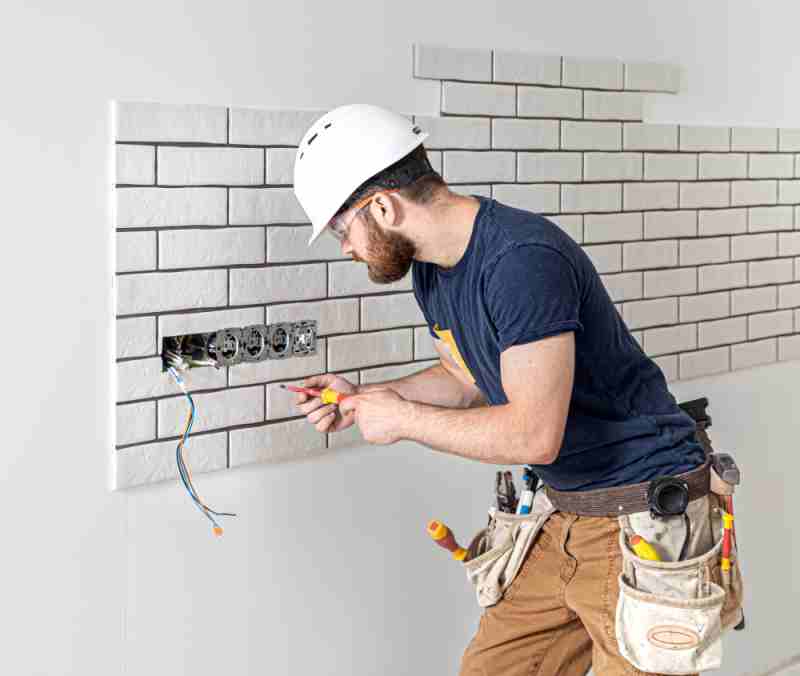Business
Essential Safety Tips for DIY Home Electrical Repair Projects

Are you considering taking on a DIY home electrical repair project? While tackling electrical work on your own can be gratifying and cost-effective, it's essential to prioritize safety to avoid potential hazards. Here are some essential safety tips to keep in mind before you start working on your home's electrical system.
Understand the Basics of Electrical Systems
Before diving into any electrical repair project, make sure you have a solid understanding of how electrical systems work. Familiarize yourself with the different components of your home's electrical system, such as circuit breakers, outlets, and wiring. Knowing the basics will help you approach the repair project with confidence and caution.
Turn Off the Power
Always turn off the power to the area where you will be working before starting any electrical repair. Locate the circuit breaker or fuse box and switch off the power to the specific circuit you will be working on. Use a voltage tester to ensure that the power is truly off before touching any wires or components.
Use the Right Tools and Equipment
Having the right tools and equipment is crucial for a successful and safe electrical repair project. Invest in high-quality tools such as insulated screwdrivers, wire cutters, and voltage testers. Using the proper tools will not only make the job easier but also prevent accidents and injuries.
Wear Safety Gear
Protecting yourself while working on electrical repairs is non-negotiable. Always wear safety gear such as insulated gloves, safety goggles, and non-conductive footwear to prevent electrical shocks and burns. Additionally, avoid wearing loose clothing or jewelry that could get caught in moving parts or electrical components.
Avoid Overloading Circuits
Overloading circuits is a common cause of electrical fires in homes. Make sure not to plug too many devices into a single outlet or circuit, as this can lead to overheating and potential fire hazards. If you notice frequent tripping of circuit breakers, it may be a sign of overload and should be addressed immediately.
Check for Electrical Permits
In some jurisdictions, DIY electrical work may require a permit from the local authorities. Before starting any electrical repair project, check with your city or municipality to see if a permit is needed. Failing to obtain the necessary permits could result in fines or legal consequences.
Know When to Call a Professional
While DIY projects can be fulfilling, there are times when it's best to leave electrical repairs to the professionals. If you encounter complex electrical issues or feel unsure about the repair process, don't hesitate to call a licensed electrician. Your safety and the safety of your home should always come first.
In conclusion, tackling DIY home electrical repair projects can be a rewarding experience, but safety should always be your top priority. By following these essential safety tips and exercising caution, you can successfully complete electrical repairs while minimizing the risks. Remember, when in doubt, it's always best to seek professional help to ensure a safe and effective repair.
Source:
Click for the: Full Story
You might like













 Close Menu
Close Menu